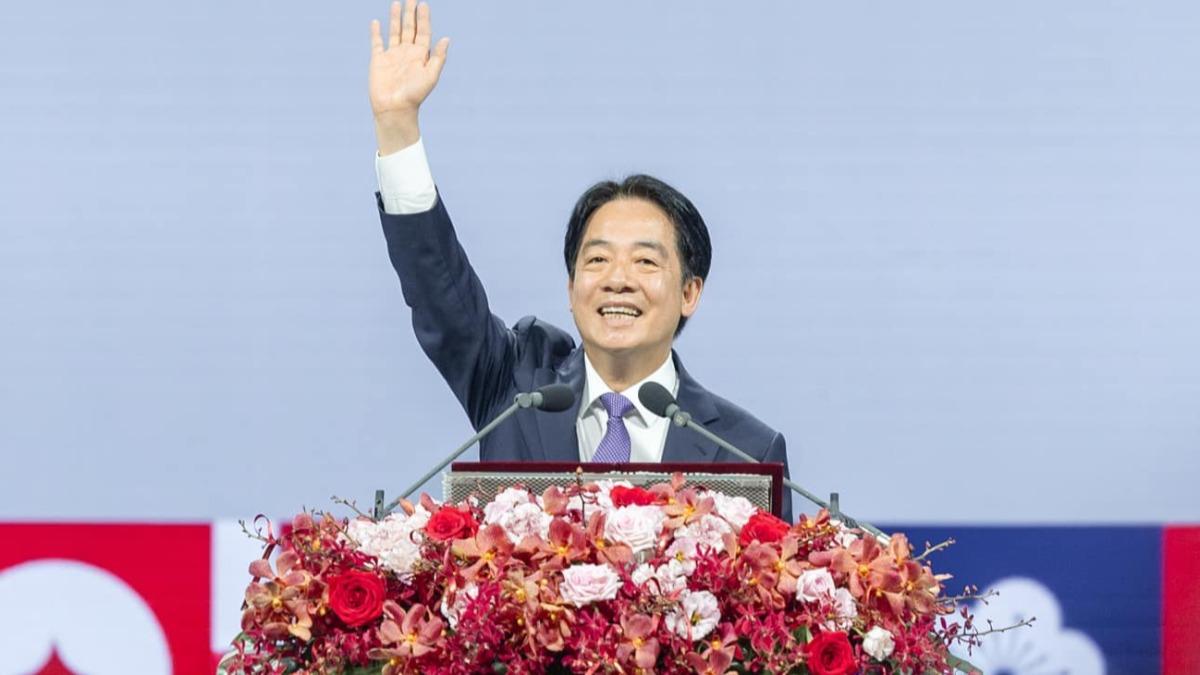TAIPEI (TVBS News) — President Lai Ching-te (賴清德) received praise from foreign scholars after juxtaposing the Republic of China, Taiwan and the People's Republic of China, and referring to the former as the "motherland" on Saturday (Oct. 5).
Japanese scholar Yoshiyuki Ogasawara (小笠原欣幸) described this perspective on Sunday (Oct. 6) as both interesting and novel.
Speaking at the National Day gala, President Lai emphasized that the People's Republic of China, which celebrated its 75th anniversary on Oct. 1, cannot be the "motherland" for the people of the Republic of China.
Ogasawara noted on Facebook that Lai's use of the term "people of the Republic of China" suggests the Republic of China might be the motherland for citizens over 75 years old in the People's Republic of China.
Ogasawara highlighted that President Lai's stance departs from former President Tsai Ing-wen's (蔡英文) approach, marking a shift towards a Republic of China-centric position. He believes Lai, by incorporating his interpretation into Tsai's "Republic of China Taiwan" concept, aims to reconcile the contradictions between the Republic of China and Taiwan.
Ogasawara commended Lai for skillfully concluding the motherland issue by stating, "The Republic of China has taken root in Taiwan, Penghu, Kinmen, and Matsu for 75 years."
While remaining within the framework of his May inauguration speech, "The Republic of China and the People's Republic of China are not subordinate to each other," Lai's remarks demonstrate a fresh perspective.
Ogasawara, appointed an honorary chair professor at National Tsing Hua University (清華大學) in August, has been teaching and hosting lectures at the university's College of Humanities and Social Sciences for a year since September.











